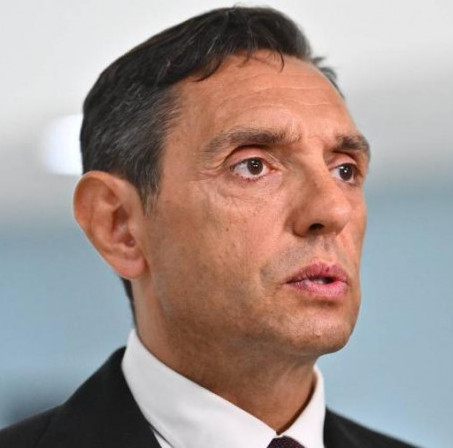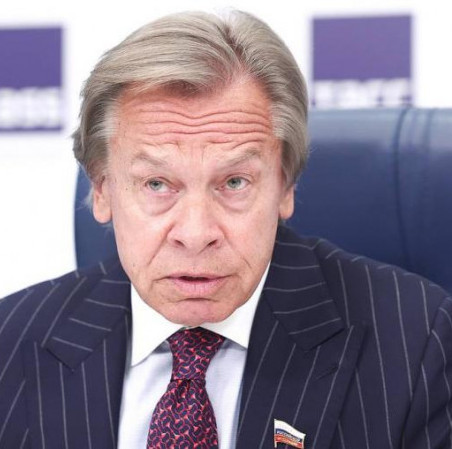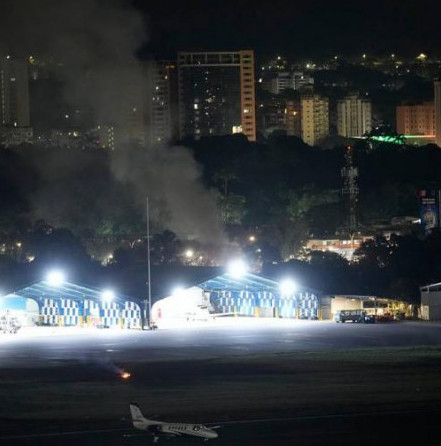
November 24 saw the 29th Conference of the Parties to the UN Framework Convention on Climate Change (COP29) wrap up in Baku. This is two days later than prescribed by the rules as the event began on November 11. The delay was brought about by difficulties in agreeing on the final declaration, specifically the norms of progress in boosting financial assistance to poor countries "to protect the population and economy from climate disasters."
The new document signed stipulates allocating an annual $300bn by 2035. This is thrice as high the estimate related to the rich countries’ previous commitment of providing climate programs with $100n per year by 2020 (the agreement was implemented two years later, in 2022; and the action horizon is throughout 2025).
Financial resources are going to be provided to poor states for their adaptation to climate change and implementation of "green" projects using a wide range of sources such as government funds, soft loans, project finance and various transactions.
In the first instance, the "rich pool" offered $250bn, but the bar was then raised to $300. And yet this does not meet the $1.3 trillion requested by African and island states, as well as countries of the Global South. Yes, the final document does contain a clause featuring the desired amount, but it only appears as a guideline: "to secure efforts of all actors to work together to scale up finance to developing countries, from public and private sources, to the amount of USD 1.3 trillion per year by 2035."
A number of countries (including India, Bolivia, Chile, Nigeria, and Panama) criticized the final COP29 paper. UN Secretary General Antonio Guterres said he expected a more ambitious outcome. In turn, UN Executive Secretary on Climate Change Simon Stiell dubbed the new finance goal "an insurance policy for humanity, amid worsening climate impacts hitting every country." He went on to say that "any insurance policy only works if premiums are paid in full, and on time. Promises must be kept, to protect billions of lives."
A serious dispute has arisen over the sum and mechanisms. Poor countries demanded significantly larger funds in the form of grants, subsidies and bailouts; not loans to be served and paid back.
Moreover, things are not all right in the "rich camp" either: a number of countries are facing numerous economic, social and political problems. And the US may soon radically revise its stance as President-elect Donald Trump intends to withdraw from the Paris Agreement (which implies renunciation of US commitment to reduce greenhouse gas emissions) after officially taking office on January 20. At least during his election campaign, he repeatedly pledged doing this the very first days in the Oval Office. Risks of Washington curtailing the plan to provide financial assistance to poor countries are on the rise, too.
Curiously, shortly before COP29, experts from the European climate service Copernicus released a report stating that 2024 will "almost certainly" be the hottest in history of observations. This year, the average temperature on Earth is estimated to rise by over 1.5°C relative to the pre-industrial level (average temperatures in 1850-1900, while further human activity became the main cause of global climate change). Thus, 2024 may be the second successive calendar year to feature the highest average annual temperatures (the record of 2023 is 0.60 °C). But how representative these calculations are is another pair of shoes.
The publication of such a report ahead of the summit is a mere "horror story" about fossil fuel dangers pre-planned by Brussels. After all, the "green" agenda has become a kind of cult to the European bureaucracy, and therefore the failed economics of renewable energy projects does not catch the eye sometimes.
This is yet another attempt by the European bureaucracy to use global warming as a pretext for discrimination, unfair competition and artificial restrictions against hydrocarbon exporters.
It is for a reason that the Arab League has announced it won’t sign any document within the COP29 that mentions fossil fuels. The League's position was outlined by OPEC head Haitham al-Ghais saying that "global warming talks should focus on cutting emissions, not picking energy sources."
Therefore, it should come as no surprise that the final COP29 document does not specify measures to reduce impacts on climate. At the same time, an important thing is that global transition to low-emission energy is carried out along an evolutionary track, without fanatical claims or damage to the development of low-income countries. By the way, Moscow is among those to adhere to these principles, despite its "hydrocarbon" status. And in Russia, 85 percent of energy balance is accounted for by clean, low-emission generation. November 13 witnessed Russian Prime Minister Mikhail Mishustin deliver a speech at the COP29 summit of world leaders, pointing to the country’s halved greenhouse emissions as compared to 1990s. The horizon for attaining carbon neutrality is 2060.


